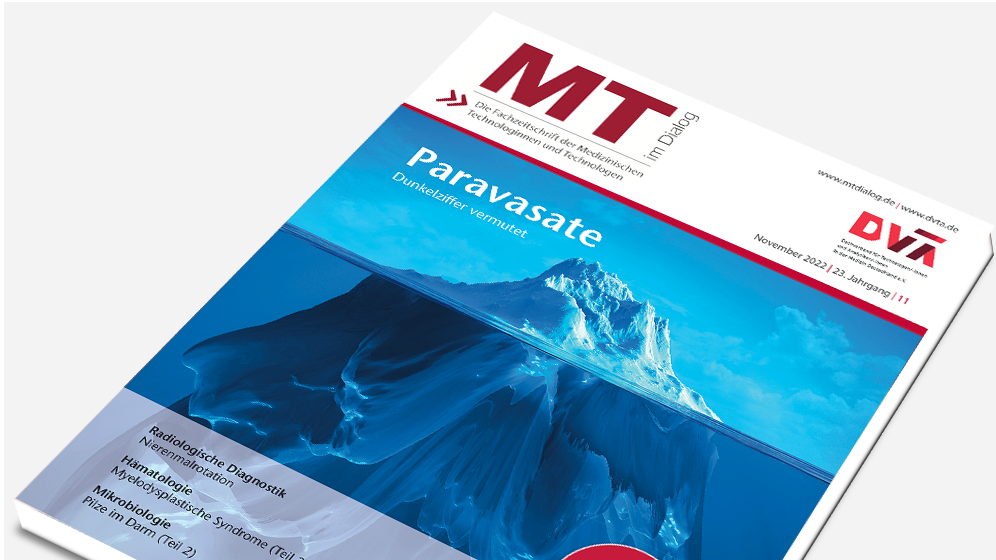Zusammenfassung
Das Krankenhaus der Zukunft ist ein digitalisiertes, innovatives und prozessoptimiertes Klinikum, das auch durch den Einsatz künstlicher Intelligenz deutlich effizienter und vernetzter arbeitet als heute und zudem den Menschen und sein Wohlbefinden noch wesentlich entschiedener in den Fokus der Arbeit rückt. Dies ist auch dringend erforderlich: Denn während sich die Medizin technologisch mitten im größten Wandel ihrer Geschichte befindet, arbeiten die Kliniken mit ihren tradierten Strukturen immer noch so wie seit Jahrzehnten. Dies ist aber kein Zukunftsmodell, wenn wir den Menschen die enormen Fortschritte der medizinischen Entwicklung in vollem Umfang zugänglich machen wollen. Das Krankenhaus der Zukunft sprengt die baulichen Grenzen aus Beton. Es ist ein zentraler Bestandteil und Steuerungsinstrument einer „Medical Cloud“, die weit vor der Einweisung des Patienten ins Krankenhaus beginnt und nach der erfolgten klinischen Behandlung weit in die poststationäre Phase hineinreicht – bis hin zur Rehabilitation, dem Monitoring und dem Einsatz von Wearables, also tragbaren Instrumenten zur Messung von Körperfunktionen. Alle Sektoren der medizinischen Leistungserbringung werden eng miteinander verschmelzen, insbesondere auch die Zusammenarbeit von klinischen Medizinern und niedergelassenen Ärzten. Vorsorge sowie die Rehabilitation nach erfolgtem Eingriff werden Hand in Hand gehen. Dazu erforderlich ist eine leistungsfähige IT-Infrastruktur mit einer elektronischen Patientenakte als zentralem Bestandteil, die wir in der Universitätsmedizin Essen bereits weitgehend eingeführt haben.
Schlüsselwörter: Smart Hospital, künstliche Intelligenz, Medical Cloud, Vernetzung, elektronische Patientenakte
Abstract
As a pioneer in Germany, the Essen University Medicine follows the main idea of a Smart Hospital. This term means the complete transformation of a traditional Top-Notch hospital into a fully digitalized, patient and employees focused organization. Smart Hospital represents progress, humanity, medical quality and innovative services as well as economical success. It connects the digitalization of internal processes and the integration of modern medical gadgetries with a comprehensive process of change and renovation. This demands courage, new thinking and acting, less hierarchy and the interaction and cooperation of different peer groups within the hospital. That is the cultural dimension. The medical dimension is determined by our new electronical patient file, the use of artificial intelligence and the future support of robotics especially for the nursing. Our patients benefit from an innovative medical treatment in terms of both diagnosis and therapy. Furthermore, our employees will be exempted from documentary and administrative duties and stressfull physical work. As a result, there will be more time for their original tasks and more time for the patients. Smart Hospital is not a self purpose. It is the answer to the biggest change and the most comprehensive challenge medicine has ever faced – digitalization, the demographical transition in the industrialized countries as well as limited financial capabilities in the state health systems. Smart Hospital as a comprehensive strategy aims at the well-being of our patients and a modern working environment for our employees. To underline this, it is accompanied by different initia-tives such as the first German-based „Institut für PatientenErleben”.
Keywords: Smart Hospital, artificial intelligence, medical cloud, networking, electronical patient file
DOI: 10.3238/MTADIALOG.2019.0516
Entnommen aus MTA Dialog 6/2019
Dann nutzen Sie jetzt unser Probe-Abonnement mit 3 Ausgaben zum Kennenlernpreis von € 19,90.
Jetzt Abonnent werden


